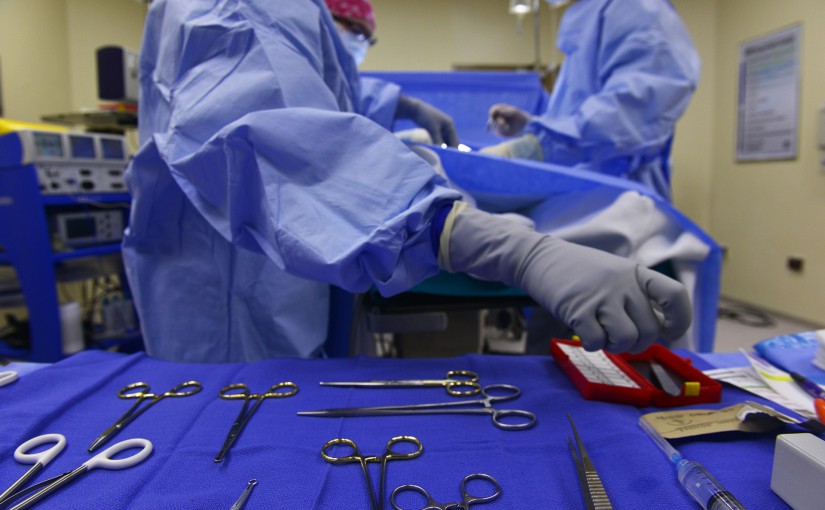The GP who worked in a hernia factory: why primary care needs to do less
Why GPs should resist taking on more work from secondary care
Atul Gawande’s Complications is a series of essays on the limits and human fallibility of medicine. Gawande, a thyroid surgeon and best-selling author, takes one chapter to explore whether computers make better decisions than doctors (apparently, they do).
As part of this, he visits the Shouldice Clinic in Ontario. The Shouldice Clinic does nothing but hernia repairs, via a single technique. None of the doctors were trained surgeons yet they had, at the time (Complications was published in 2002), the lowest complication rate in the world.
You would think that Shouldice employed uber-surgeons, skimming off the best from residency programmes. But the three surgeons at the time had no formal surgical training.
One was a former obstetrician and one was the son of Shouldice himself, who joined the clinic directly from medical school. The third one was a GP.
Gawande observes the doctors operating like automatons, chatting as they cut and sewed. They completed procedures in record time of 30 minutes versus Gawande’s hour and a half.
By working in a constant state of auto-pilot, they became global experts even though the regulations in many countries would have forbidden them to operate at all.
In his analysis of the clinic’s success, Gawande quotes Lucien Leape, a paediatrician who studies medical error. “A defining traits of experts is that they move more and more problem solving into automatic mode.” Continually encountering novel situations requires conscious thought and ‘workaround’ solutions, which are slow to develop, hard to execute and error-prone.
We encounter novel situations daily in primary care. It makes the job stimulating but it also slows us up, leaves us open to mistakes and, depending on whether you fear or thrive on problems, can be very stressful. This unpredictability is also why being a safe out of hours doctor is hard.
In a typical morning, we now see patients on new, unfamiliar drugs, ‘modern’ diseases that seem to creep into vogue, people with widening expectations and grapple with social problems that ooze into our workload.
We use more and more screening tools to help us make decisions – not always a bad thing – but these too mushroom: tools for sepsis, DVT or the NICE guideline on chest pain which leaves us wondering if a 5% risk of coronary heart disease is really ok to leave alone. Each of these events requires a pause of thought and a few extra synapses igniting in the brain.
Yet more and more thinking seems to be to transfer more work into primary care. Each speciality seems to have its own stuff that they’re either bored or overwhelmed with or else managers and politicians just think it’s cheap. The volume of work transferred into primary care in recent years is enormous. Heart failure, MI follow ups, diabetes, renal failure and antipsychotic monitoring to name a few.
Ideas I’ve heard touted around recently include: primary care management of HIV, bariatric surgery follow-ups and initiating and monitoring interferon for hepatitis C.
While each of these might follow its own, tight little protocol contained in a flow chart for us to download, it’s hard to see how GPs can achieve excellence in all of these areas – which isn’t the same as good or adequate which is what most of us already do.
Can we honestly say to ourselves we are excellent at all of these? If we want to maintain safety, (and protect ourselves medicolegally), isn’t it time we kept our church a bit less broad and resisted a couple of things?
The Shouldice Clinic has now grown into a multi million dollar enterprise. It employs multiple surgeons, these days and is not without its detractors. Shouldice, however remains world renowned, due to its dogged mission to repair only hernias via their own technique.
GPs and patients might be better served - and happier - if we did less but better, like Shouldice, not taking on even more.


